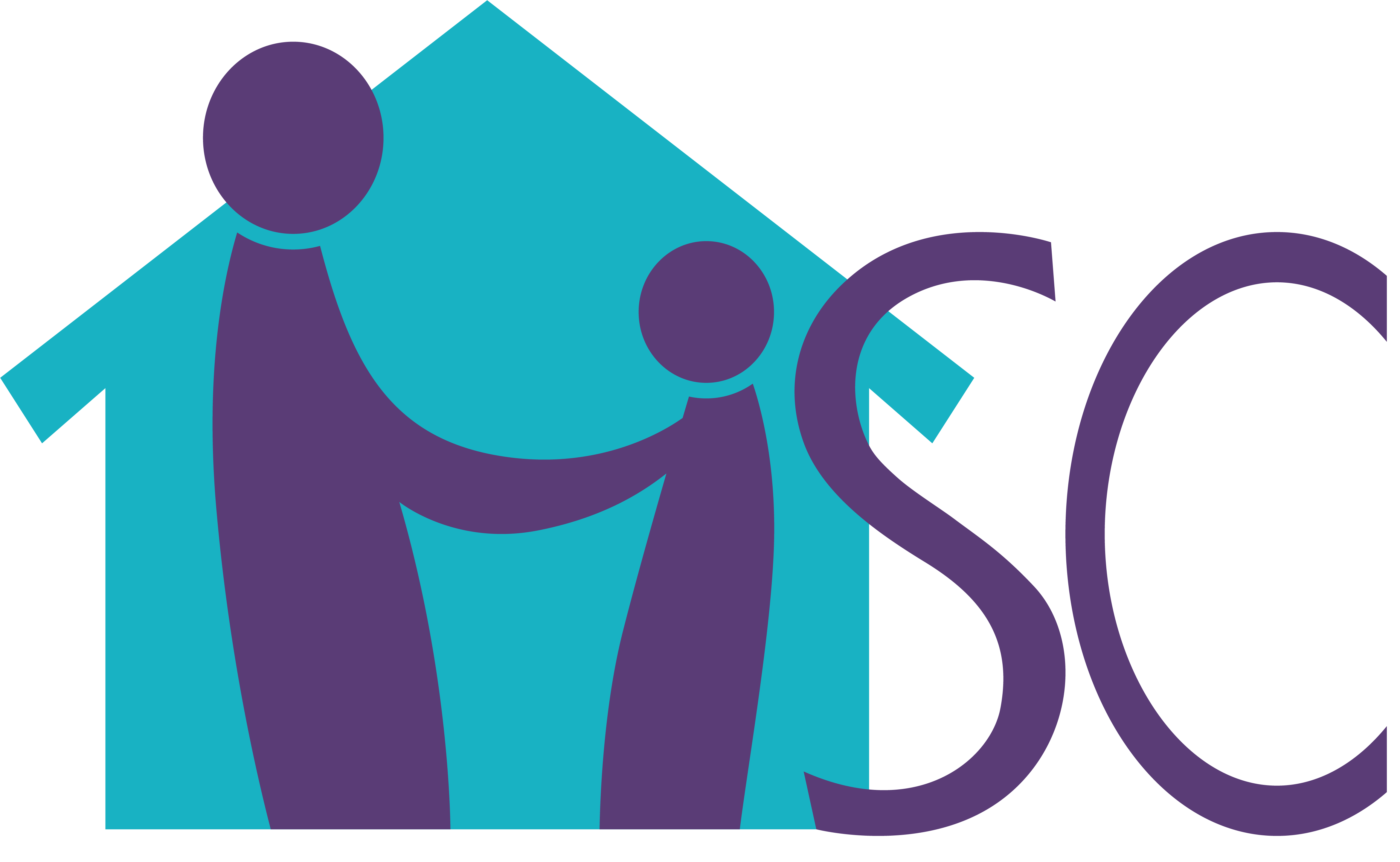Although a tremendous amount of time and money is invested in providing for the needs of children in foster care, mental and behavioral health is still one of the largest unmet needs for this population. Experts know that mental and behavioral health often requires the presence of at least one nurturing caregiver that can consistently respond to the needs of a child.
It is necessary that the presence of this caregiver be consistently available over time. Considering the fact that this essential ingredient is exactly what foster children do not receive during their life, it is not a surprise that the majority of children and teens in foster care suffer from mental health issues.
Foster care attempts to establish a safe space for a child with the warmth and nurture they need. However, the truth is that children come into foster care after not receiving this for a prolonged time. It is critical that mental health issues can be addressed appropriately within the foster care system. Let’s look more deeply at the causes of these mental health issues and the resources that are available.
Childhood Trauma
There is a misunderstanding that every child who comes into foster care was physically abused. Although that is the case for many, childhood trauma can look like many things. Abuse, neglect, death of parents or caregivers, chronic illness in the family, parents with disabilities or mental illness, and many other situations such as poverty or crime. Any of these situations will take a toll on a child’s emotional and mental development. This trauma will result in a child that exhibits behavioral difficulties and mental health issues.
The Mental and Behavioral Health of Children
It is crucial that mental health be evaluated and monitored when entering foster care. When this step is skipped, crucial time can be lost that could have been used to start intervention services. It is essential that both social workers and foster parents are properly trained in identifying key markers of mental health challenges. Foster children can sometimes be very good at pretending they are okay. It is the responsibility of the adults in the foster care system to see beyond masking behavior so that proper mental health services can be delivered in a timely way.
Mental Health Services
Foster families should have easy access to the appropriate mental health services for the children and teens in their care. This can include:
- Counseling
- Therapy
- Medications
- Crises intervention
- Access to other mental health programs
When access to mental health treatments is complicated or blocked in any way, the children, teens, and foster parents all suffer. Foster parents need to advocate on the children’s behalf in their care to ensure that mental health services are available.
It is the responsibility of the state to establish state child and family services plans to deliver mental health treatment in a timely and easy manner.
